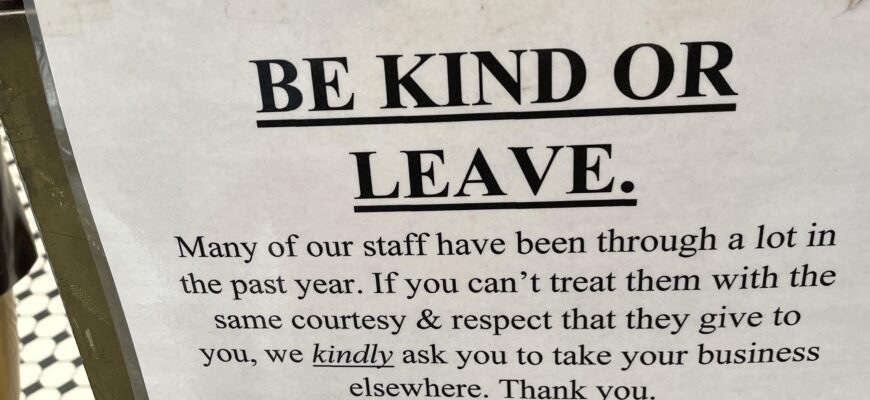In recent years, the term “Karen” has permeated social media, memes, and even mainstream conversations, often used to describe individuals, typically middle-aged women, exhibiting entitlement or demanding behavior in public settings. But beyond the humorous and sometimes critical undertone, there is a cultural movement unfolding—a shift towards empathy and respect in our interactions with others.
The Rise of the “Karen” Phenomenon
The “Karen” archetype emerged as a symbolic critique of entitled attitudes. It gained traction as stories and videos of individuals demanding special treatment or expressing unfounded complaints went viral. These incidents highlighted a broader societal issue: a lack of empathy and consideration for others in shared spaces.
The notoriety of “Karen” behavior has sparked discussions about privilege, entitlement, and the importance of treating service workers, and others, with respect. It has encouraged reflection on how actions, often perceived as minor, can impact those around us.
Cultural Reflection and Critique
While the term “Karen” can be seen as pejorative, it reflects deeper social critiques. It serves as a reminder of the necessity for empathy and understanding in diverse societies. The rapid spread of “Karen” stories has also shed light on issues of racial and social inequality, as many of these instances involve interactions with individuals from different backgrounds.
This cultural reflection has prompted conversations on how stereotypes can perpetuate discrimination and how we can move towards more inclusive and respectful interactions. The goal is not to label individuals but to encourage a broader understanding and dismantling of harmful behaviors.
The Shift Towards Empathy
Amidst the critique lies a positive trend: a renewed focus on empathy and respect. This cultural shift emphasizes the importance of seeing others as equals and recognizing the shared human experience. Social media campaigns and public discussions encourage people to be kinder, more patient, and more understanding.
Businesses and communities are increasingly promoting values of empathy and respect. Training programs for customer service and public-facing roles now often include components on emotional intelligence and managing difficult interactions with grace and understanding.
Practical Steps Towards a More Respectful Society
- Education and Awareness: Encouraging awareness about the impact of one’s behavior on others and promoting educational initiatives on empathy and respect.
- Active Listening: Practicing active listening and valuing different perspectives, which can reduce misunderstandings and foster positive interactions.
- Leading by Example: Influencers, celebrities, and community leaders can set examples of respectful behavior in public and online spaces.
- Supportive Environments: Creating supportive environments where people feel valued and heard can discourage entitled behaviors.
Conclusion
The “Don’t Be a Karen” movement is more than a viral joke—it’s a call to action for cultural change. It challenges us to reflect on our behaviors and strive for a society built on empathy, respect, and mutual understanding. By embracing these values, we can transform our public spaces into places where everyone feels respected and valued.
As we navigate an increasingly interconnected world, the shift towards empathy and respect is not just timely but essential. Let’s continue the conversation and work towards a culture of kindness and understanding.


This article provides a thoughtful analysis of the “Karen” phenomenon, highlighting its cultural implications and the importance of empathy. It’s refreshing to see a focus on understanding rather than just criticism.
Insightful article! I love how it connects viral moments to larger societal issues and promotes empathy as a solution. A must-read for anyone interested in cultural dynamics.
Great read! It’s interesting to see how a meme has sparked important discussions about social behavior and respect. The emphasis on empathy is particularly resonant.
This is an enlightening take on the “Karen” trend, offering more than just criticism by encouraging positive change through empathy and understanding. Well done!
The article does an excellent job of exploring the deeper issues behind the “Karen” stereotype. It’s a reminder that we should strive for more respectful interactions with everyone.
I appreciate how this piece delves into the societal impact of “Karen” behavior and encourages reflection on our own actions. The call for empathy is much needed in today’s world.